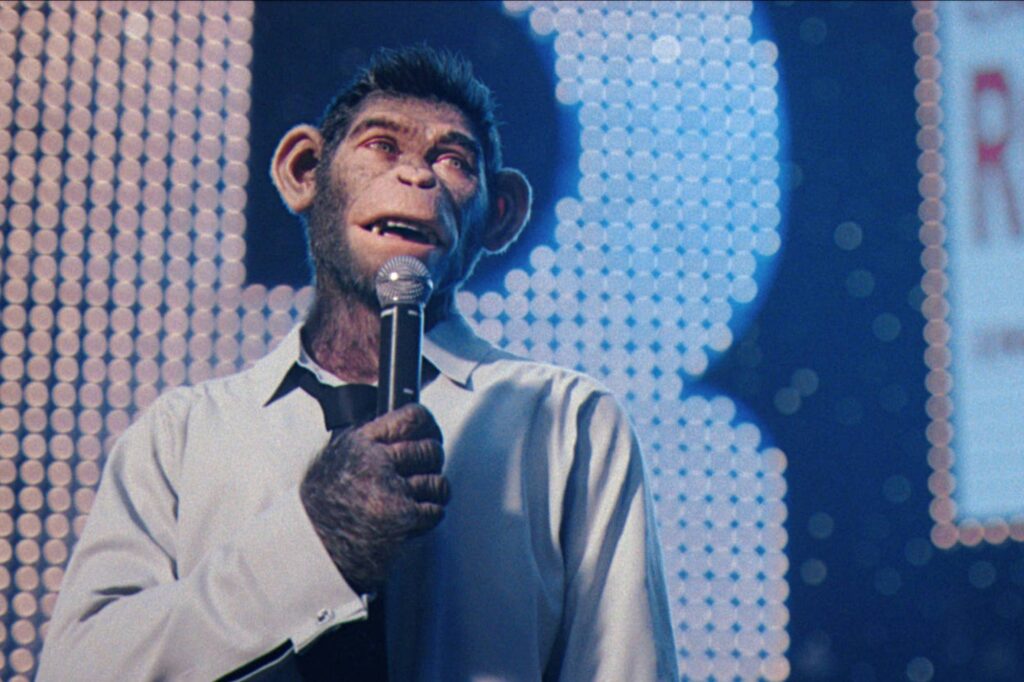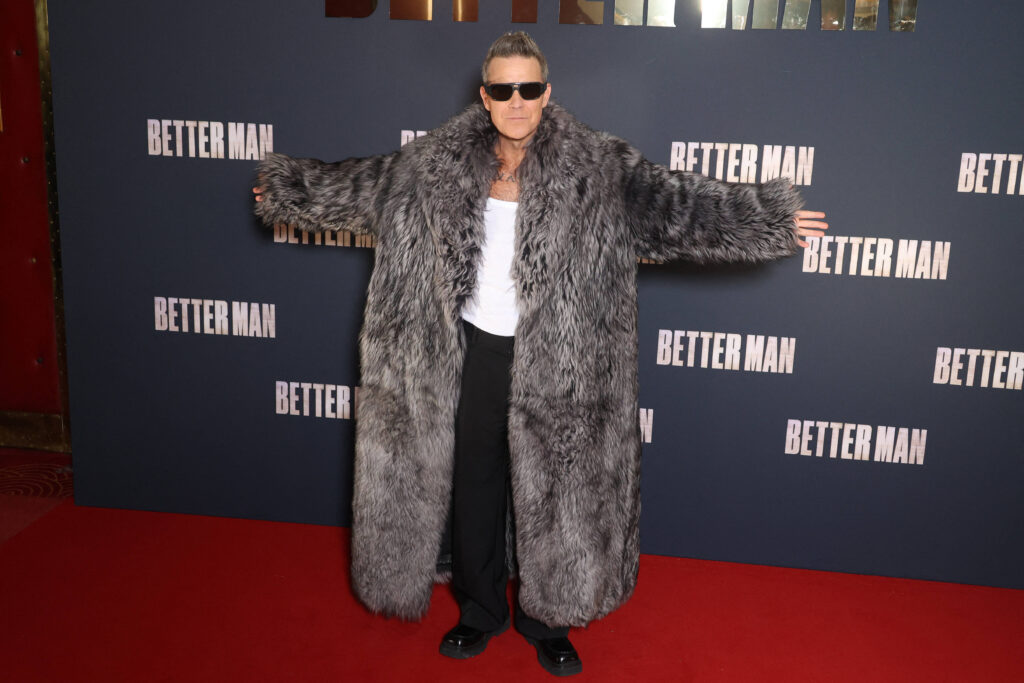- The biopic casts Robbie Williams as a CGI monkey
- Williams has been less successful in the US than his native UK
- Reviews, however, have generally been positive

The critics loved the Robbie Williams biopic Better Man, but it hasn’t translated to box office success.
Better Man came to theaters this weekend but its opening numbers aren’t looking too good. Against a budget of $110 million, it only took in $1.1 million in ticket sales from 1,291 locations.
Audiences were instead flocking to films such as Den of Thieves 2: Pantera and other films that had come out before the holidays. These included Mufasa: The Lion King, Sonic the Hedgehog 3, Nosferatu and Moana 2.
Why hasn’t Better Man done so well?

There are numerous reasons for Better Man’s poor performance in the US.
Firstly, mid-January tends to be quite slow in the movie world in general, which hasn’t helped. The Los Angeles fires this week may have also had a slight impact with cinemas in the area shutting their doors. Incidentally, the fires also caused Better Man’s US premiere to be cancelled.
In addition, Williams – who first rose to fame as part of the boyband Take That in the 90s – is not as well known in the US as he is in the UK. In his home country, however, he is an especially beloved figure, to the point where most people would know at least a handful of his songs.
How come Robbie Williams is a monkey in the film?
In the trailer, Williams said in a voiceover: “This is my story – but I’m not going to tell it in an ordinary way because I don’t see myself how others see me.”
Later, he added: “To be honest, I’ve always been a little less evolved.”
During an interview with Roadshow earlier this year, Williams and Gracey went into a little more detail on why he decided to cast an animated monkey in the lead role of their movie.
“I asked you if you were an animal, how would you see yourself,” says Gracey, speaking to Williams. “In your own words, you would refer to being dragged up on stage to perform like a monkey.”
He continued, adding: “I immediately thought of portraying you not as we see you but how you see yourself, it immediately clicked.
“With your voice and that monkey, I am going to see you and relate to you in a way that is going to be more engaging than a musical biopic.”